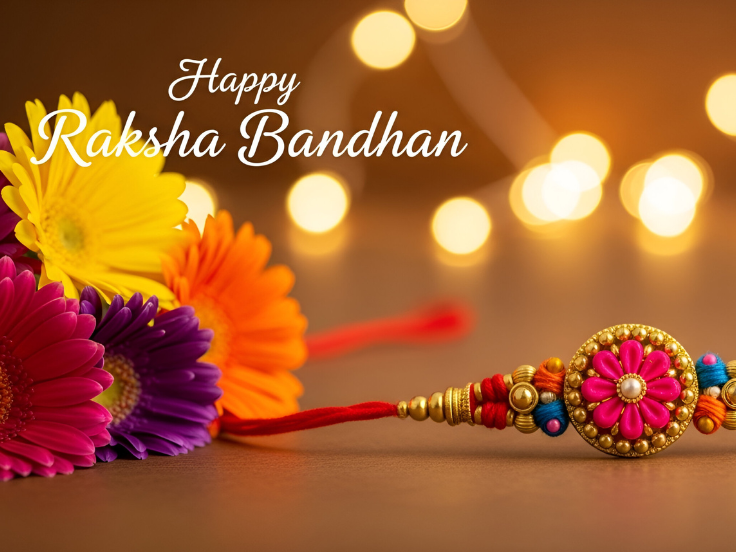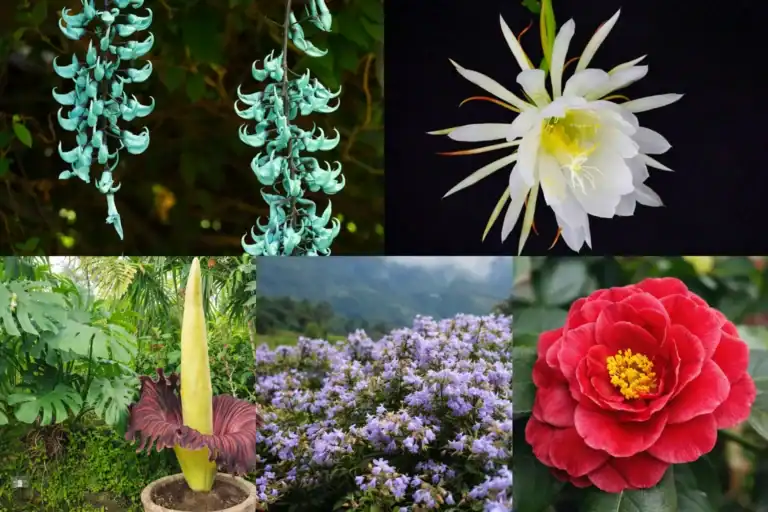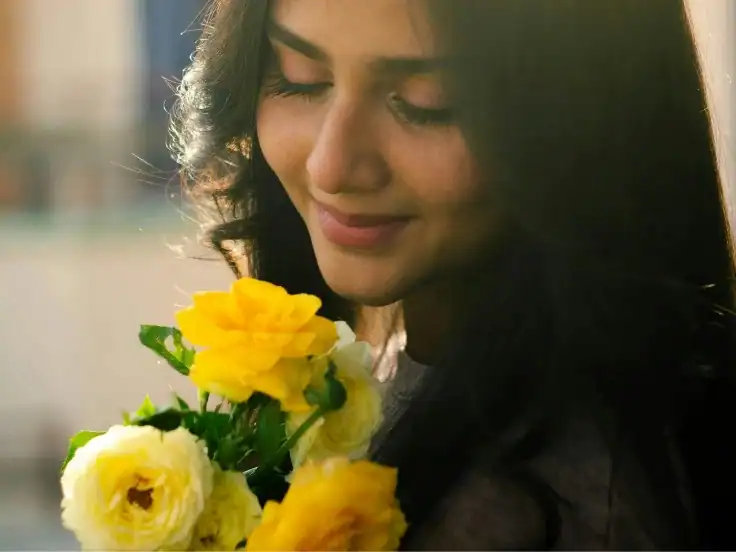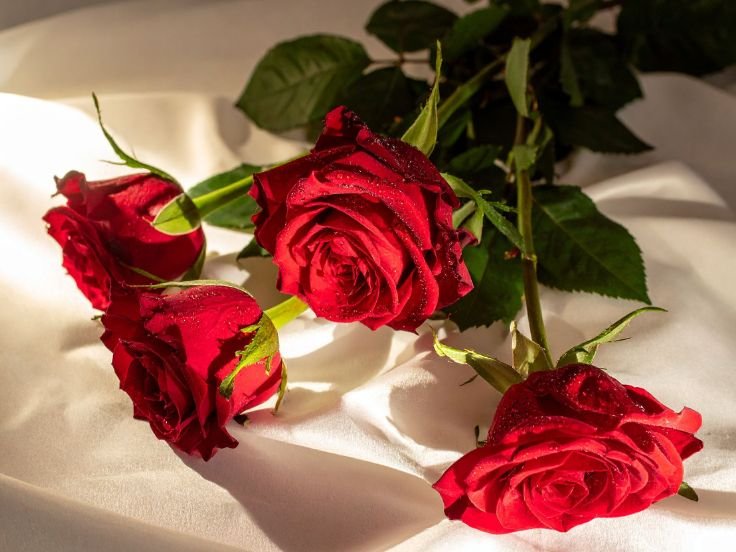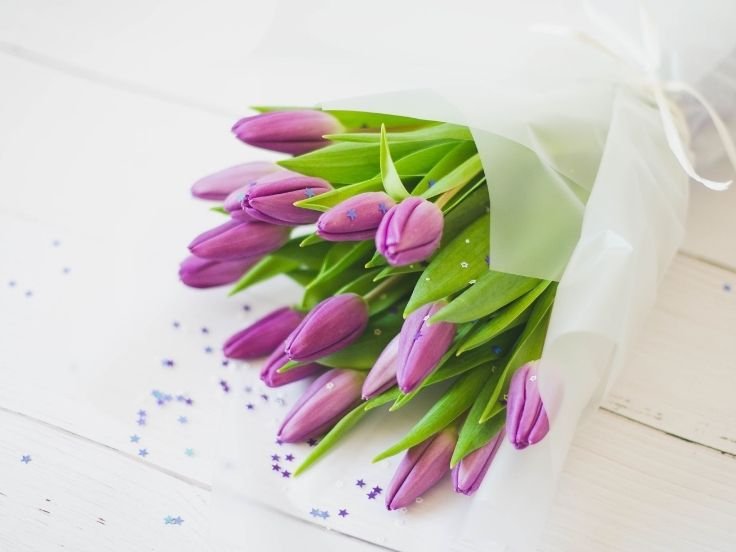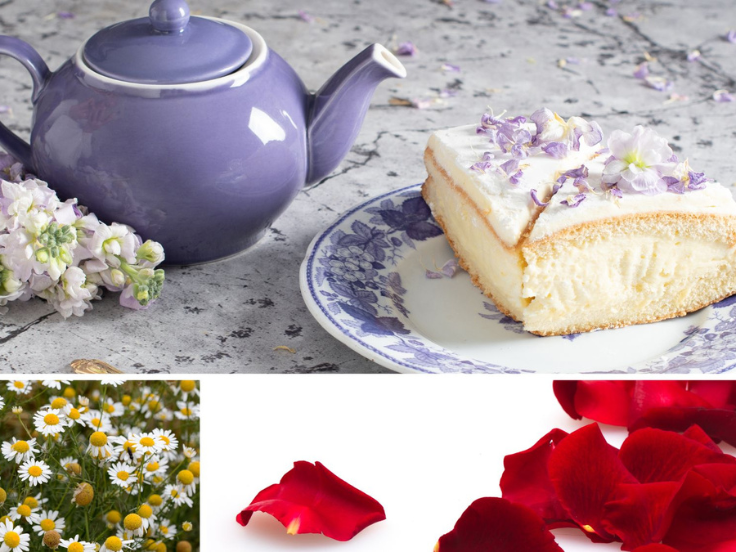Raksha Bandhan, lovingly known as Rakhi, is not just a celebration — it’s a feeling.
A memory-filled thread that ties siblings together, no matter how far they may drift. The festival arrives each year in a whirlwind of colour, laughter, sweet nostalgia, and yes — the unmistakable chaos of choosing the perfect rakhi and gift.
You see it everywhere — stalls overflowing with vibrant rakhis, the chatter of children comparing who got more, and homes echoing with familiar sibling banter. It’s a festival built on small moments and big emotions. And what better way to add to that emotion than with flowers — timeless, expressive, and always personal?
As gifting trends evolve, flowers remain a classic that never goes out of style. They’re simple yet layered, much like the relationship between siblings. If you’re wondering which bouquet speaks your bond best, here’s a thoughtful guide to help you choose just the right one.
Pink Roses: The Ever-Graceful Symbol of Love
Roses have always held the crown for expressing love in its many forms, but pink roses bring something softer to the table. They carry whispers of admiration, joy, and quiet gratitude — all the things we often feel for our siblings but rarely say aloud.
A bouquet of pink roses, delicate yet impactful, is perfect when you want to say, “Thank you for being you”. And maybe, just maybe, tease them that these are the only roses they’ll ever receive — courtesy of you.
Sunflowers: For the Ones Who Light Up Your World
Sunflowers don’t just bloom — they beam. With golden petals and sun-drenched charm, they represent adoration, joy, and most famously, loyalty. They follow the sun, unwavering in their devotion — just as siblings, despite the quarrels, always find their way back to each other.
A sunflower bouquet makes for a warm, symbolic gift — a reminder that, no matter what, they’re still the sunshine in your orbit (even if they borrowed your charger and never returned it).
Carnations: Divine, Distinct, and Full of Meaning
Carnations, often called the ‘Flower of the Gods’, carry centuries of meaning. Their ruffled petals express devotion, fascination, and enduring love. Pink carnations say thank you, white ones stand for good luck, and red speaks of deep affection.
Gifting carnations is like telling your sibling, “You’re unique. You’re valued. You’re divine (even if you test my patience every day).” They’re perfect when you want your Rakhi bouquet to say something different.
Orchids: Regal Blooms for Royal Siblings
There’s something about orchids that feels quietly regal. They don’t scream for attention — they earn it. Associated with refinement, charm, and admiration, orchids make for an unexpected yet sophisticated Raksha Bandhan gift.
Purple orchids, in particular, represent dignity and luxury. Ideal for that sibling who acts like royalty, issues commands like one, and still expects you to say thank you for it. Let them have their day — in petals and glory.
Gerberas: For Joy, Laughter, and Everything In Between
Gerberas are bursts of happiness wrapped in petals. Bright, bold, and universally loved, they symbolise cheer, loyalty, and affection. Their colour range is playful: pink for grace, yellow for friendship, red for admiration.
A bouquet of gerberas is a colourful high-five across childhood memories — like that secret stash of candies you always split, or that inside joke only the two of you understand.
Tulips: Classic Elegance With a Twist
Tulips are elegance in simplicity. Unlike their showier counterparts, tulips bring quiet confidence. They symbolise perfect love, renewal, and hope — fitting themes for any sibling relationship.
Whether it’s yellow for warmth or orange for energy, tulips are a great way to say: “No matter how many arguments we’ve had, you still mean the world to me.” They’re thoughtful, beautiful, and make any Rakhi gift extra special.
Chocolate Bouquets: Sweet Treats for Shared Memories
Some memories are flavoured with food — the roadside snacks you devoured together, the sweets you fought over, or the late-night chocolate raids. A chocolate bouquet doesn’t just please the palate — it tugs at the heartstrings.
It’s a gift your sibling will unwrap with a grin. It’s not just about taste — it’s about time. Time spent together, teasing, feeding, fighting, and loving in ways only siblings understand.
Celebrate the Bond That Never Breaks
Raksha Bandhan is not just about rituals and rakhis. It’s about recognising the bond that grew stronger with every argument, every shared snack, and every late-night confession.
Whether it’s a graceful rose or a cheeky chocolate bouquet, your gift should reflect the heart behind the thread. At Gulmahal, we’ve curated a collection of floral rakhis, sustainable gift sets, and thoughtfully designed bouquets to match every kind of sibling bond — from playful to poetic.
This Rakhi, say more with less. Say it in petals. Say it with presence. Say it with Gulmahal.
When is Raksha Bandhan in 2025?
Raksha Bandhan 2025 will be celebrated on August 9. The festival celebrates the special bond between siblings, where sisters tie a rakhi on their brothers’ wrists as a symbol of love and protection. The Shubh Muhurat for tying rakhi is from 5:47 AM to 1:24 PM.
Why do we celebrate Raksha Bandhan?
Raksha Bandhan, also known as Rakhi, is a cherished Hindu festival that honors the bond of love and protection between siblings. Traditionally, sisters tie a sacred thread called Rakhi on their brothers’ wrists, symbolizing affection and a prayer for their well-being. In return, brothers promise to protect their sisters and often give them heartfelt gifts as a token of appreciation.
What is the origin of the Raksha Bandhan festival?
Rakhi, is a Hindu festival that celebrates the bond between brothers and sisters. Its roots lie in Indian mythology and history, with several stories explaining its origin. One well-known tale is from the Mahabharata, where Draupadi ties a piece of her saree around Lord Krishna’s wrist, and he vows to protect her. Another story speaks of Queen Vidyavati seeking protection from Emperor Humayun by tying a rakhi. In modern history, Rabindranath Tagore used Raksha Bandhan during the 1905 partition of Bengal to promote unity, encouraging Hindus and Muslims to tie rakhis as a symbol of brotherhood.



